All Stories
-
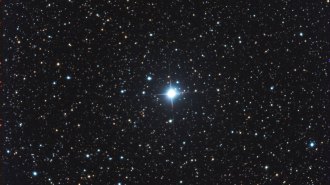 Astronomy
AstronomyA rare chance to see two exploding stars is happening in the southern sky
Exploding stars V462 Lupi and V572 Velorum are best seen from the Southern Hemisphere. One has been spotted from the United States.
-
 Neuroscience
NeurosciencePopular weight-loss drugs may ease migraines too
A GLP-1 drug led to fewer days with headaches, a small pilot study of migraine sufferers shows. It may work by lowering pressure inside the head.
-
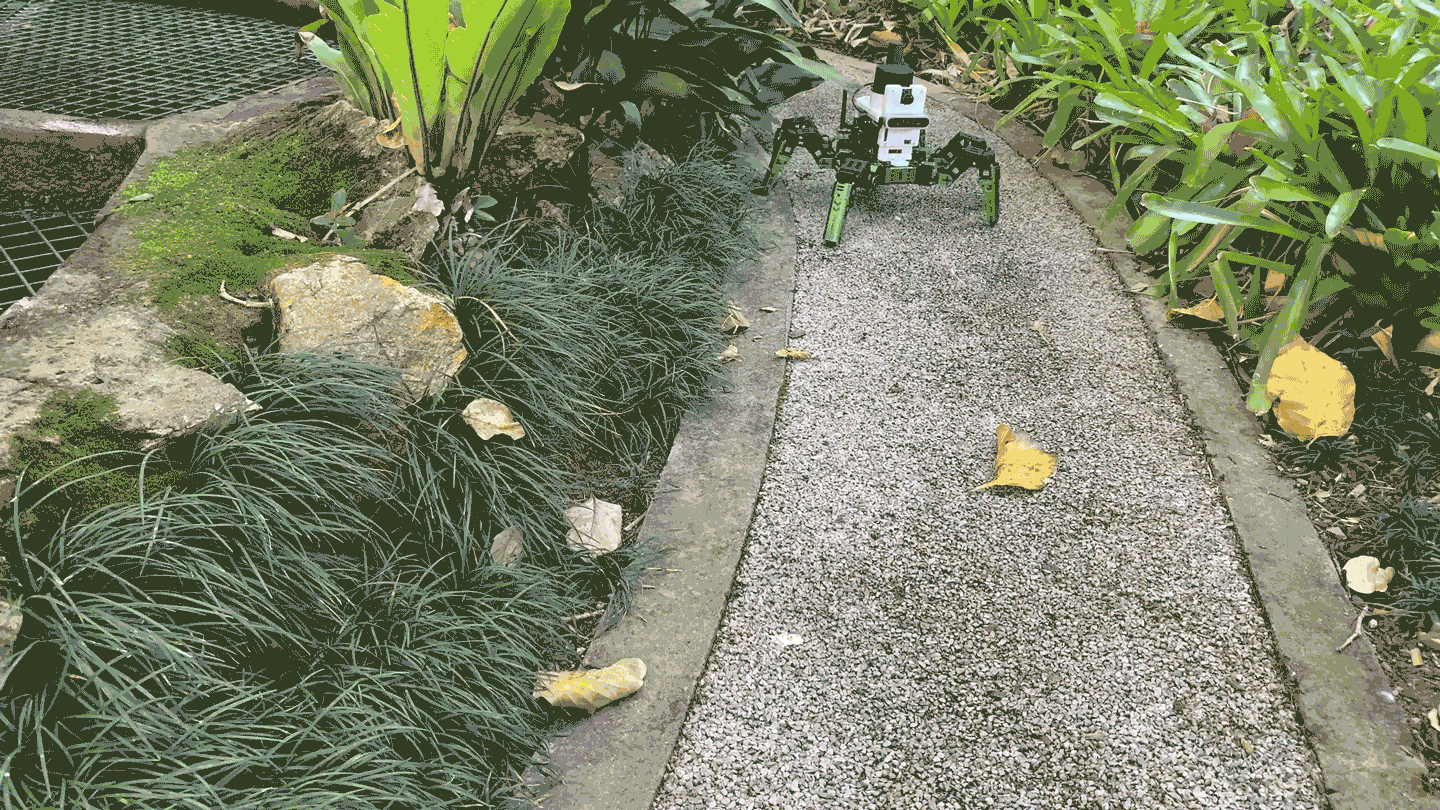 Tech
TechA new ‘eye’ may radically change how robots see
The system contains a sensor, chip and tiny AI model inspired by biological eyes and brains and uses a tenth of the energy of a camera-based system.
-
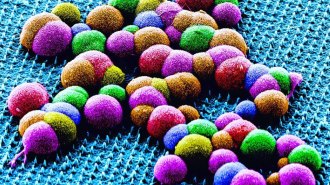 Health & Medicine
Health & MedicineThis painless nanoneedle patch might one day replace certain biopsies
Using millions of tiny needles, the patch samples molecular data from inside cells without damaging them, providing intel on composition in minutes.
By Payal Dhar -
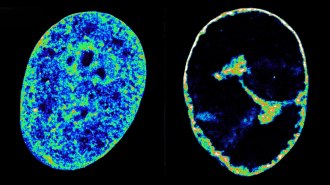 Health & Medicine
Health & MedicineSee how the herpesvirus reshapes our cells’ DNA in just eight hours
New imaging tools reveal how within an hour of infection, the virus begins to alter our chromosomes to kick-start its own replication.
By Amanda Heidt -
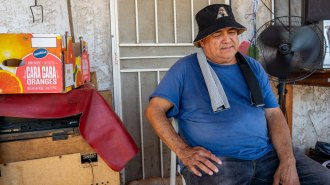 Climate
ClimateHarmful heat doesn’t always come in waves
Even without reaching heat wave levels, sustained high temperatures may contribute to a litany of health issues.
By Nikk Ogasa -
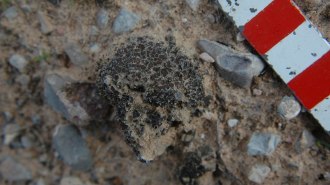 Life
LifeA barrage of radiation couldn’t kill this hardy life-form
A type of lichen was able to survive extreme UV radiation in the lab, suggesting that ozone protection might not be required for life on exoplanets.
-
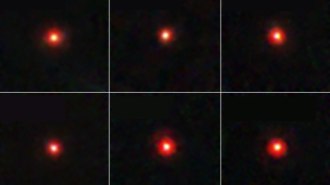 Astronomy
AstronomyMysterious ‘little red dot’ galaxies have a possible origin story
Compact ruddy galaxies seen by the James Webb telescope confound astronomers. Having very little spin at birth may explain the galaxies’ small sizes.
By Ken Croswell -
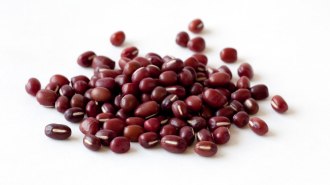 Genetics
GeneticsGenetics reveal the origin story of East Asia’s favorite sweet bean
The origin of red beans — also called adzuki — has been murky. A new study says Japan is where it all started.
By Celina Zhao -
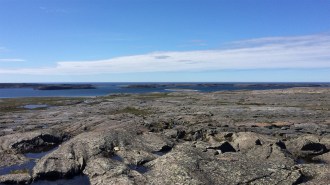 Earth
EarthEarth’s oldest rocks may be at least 4.16 billion years old
If the new age of these Canadian rocks is solid, they would be the first and only ones known to have survived Earth’s earliest, tumultuous time.
-
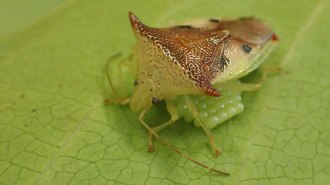 Animals
AnimalsThis bug’s all-in helicopter parenting reshaped its eggs
An egg-shape trend found among birds shows up in miniature with very protective bug parents. Elongated eggs fit more compactly under mom.
By Susan Milius -
 Psychology
PsychologyAI can measure our cultural history. But is it accurate?
Art and literature hint at past people’s psyches. Now computers can identify patterns in those cognitive fossils, but human expertise remains crucial.
By Sujata Gupta